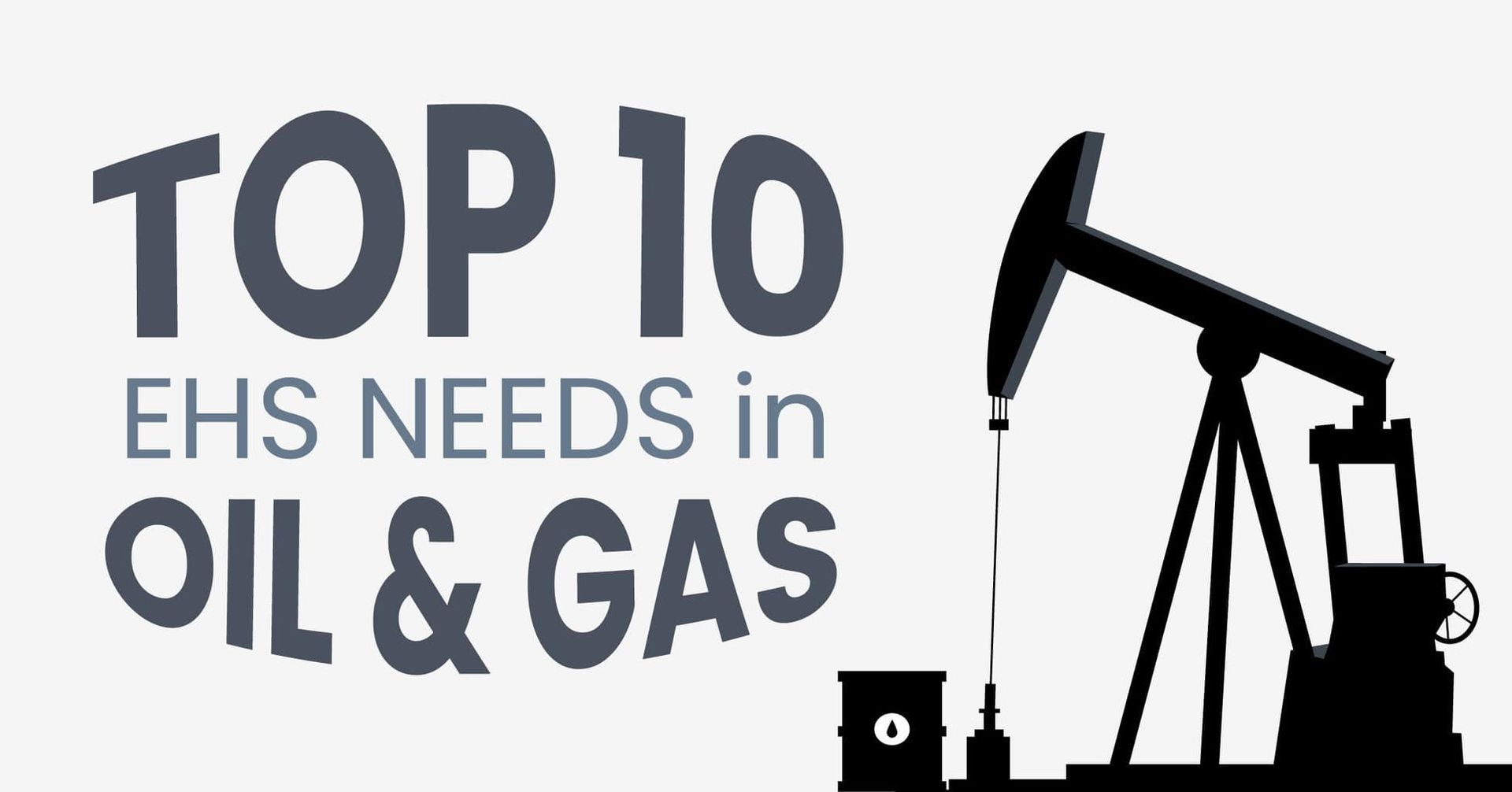Top 10 EHS Needs in Oil & Gas

Top 10 EHS Needs in Oil & Gas
The Oil & Gas industry has a variety of challenges due to the work environment. One of the biggest challenges is safety in an ever changing landscape. How do you prioritize when problems arise? If you’re in need of a safety refresh but don’t know where to start, YellowBird has Professionals On Demand ready to help tackle your biggest challenges.
Check Out Our Top 10 EHS Needs in Oil & Gas:
- Hazardous Materials Management : Waste generated from crude oil and natural gas exploration and production are subject to regulation. Many state governments have specific regulations and guidance for exploration and production wastes. In addition, some states are developing legislation and regulations in response to the increase in the use of hydraulic fracturing, including requirements related to waste management. Proper waste management is important for all exploration and production wastes, including those that are associated with hydraulic fracturing activities. Disposing of waste properly to avoid fines can be tricky, let a Professional help you develop a plan for your waste.
- Compliance Assessment : Do you have an OSHA audit coming up and not sure what is in compliance right now on your job sites? If you want to pass your audit with flying colors, you could have a YellowBird Professional complete a mock audit so you can make all necessary updates to sail through your official OSHA audit.
- New Policies and Procedures : When was the last time your company updated your policies and procedures? If it’s been more than 5 years, your policies are in need of a refresh, a YellowBird Professional can give them a makeover and ensure all current local, state and federal ordinances are included.
- Training & Development : Between certifications, onboarding new hires, and refreshment training for your long time employees, training is a great way to invest in your employees’ development and career goals. Developing these programs can take time away from other projects so why not consider a consultant to add a fresh perspective.
- COVID-19 Return to Work Protocol : At this point in the pandemic, we’re all familiar with social distancing and masks. But what else can you do on the worksite to help your employees return confidently? YellowBird’s Return to Work Protocol pulls together a Move Forward Plan tailored to your workplace with administrative and engineering controls.
- Chemical Process Safety : Chemical process safety refers to the unintentional release of potentially dangerous materials and energy to the environment during a chemical reaction or because of a runaway reaction. When drilling, you need to have a plan in place to make sure it’s safe to drill. If it’s not, you need to ensure that any potentially dangerous materials or energy can be disposed of in a safe manner.
- Industrial Hygiene : The science of anticipating, recognizing, evaluating, and controlling workplace conditions that may cause workers’ injury or illness is extremely important for worker health. Industrial Hygienists can help with Risk Assessment, noise monitoring, asbestos testing, lead testing, PPE, Ergonomics and more!
- Daily Audits and Walkthroughs : New hazards are forever appearing out of the blue. By performing daily audits, a professional can call out the new hazards and suggest ways to remove them or work around them in an effort to keep the worksite as safe as possible.
- OSHA Record Keeping : Since 1971, OSHA has put requirements in place (29 Code of Federal Regulations CFR Part 1904) designed to help employers recognize workplace hazards and correct hazardous conditions by keeping track of work-related injuries and illnesses and their causes. By law, you are required to keep all records for 5 full calendar years. If you’re struggling with keeping track of all the necessary information, we can organize what you currently have and put in processes moving forward to ensure records are kept appropriately.
- Job Safety Analysis (JSA Implementation) : JSA is a safety tool that can be used to define and control hazards associated with a certain process, job, or procedure. It is a systematic examination and documentation of every task within each job to identify health and safety hazards, and the steps to control each task. If you don’t currently use JSAs, we can assist in designing and implementing this tool within your workforce.
If one or more of these items caught your eye and you want to learn more, reach out to us at www.goyellowbird.com , we’d love to help make your worksite the safest it’s ever been!


